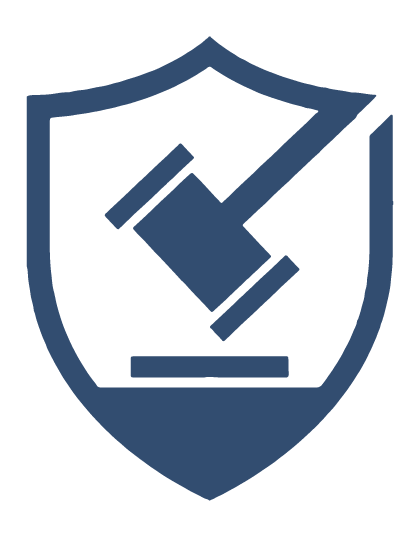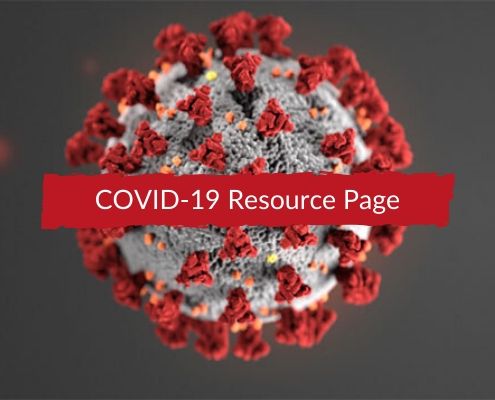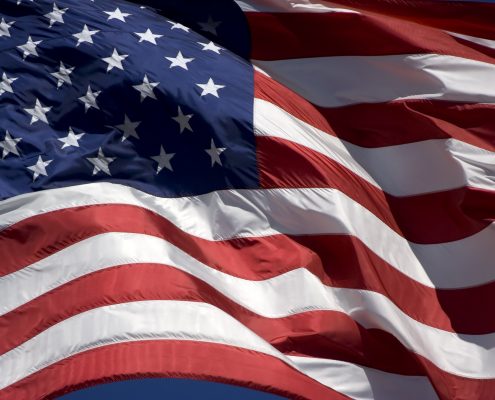Federal Resources
Click below for information about the federal resource.
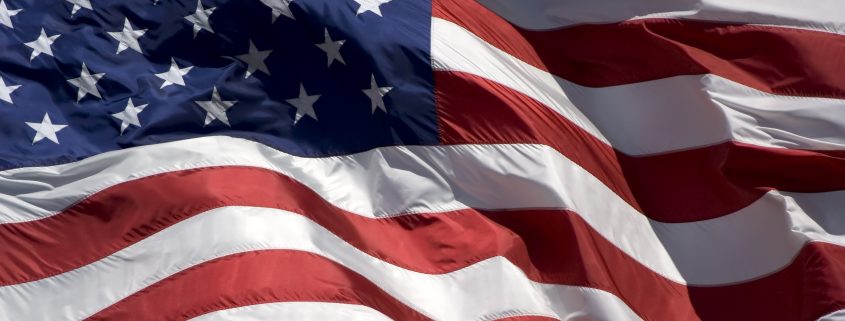
Commodity Futures Trading Commission
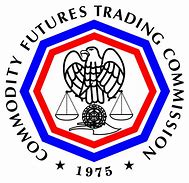
The mission of the Commodity Futures Trading Commission (CFTC) is to foster open, transparent, competitive, and financially sound markets. By working to avoid systemic risk, the Commission aims to protect market users and their funds, consumers, and the public from fraud, manipulation, and abusive practices related to derivatives and other products that are subject to the Commodity Exchange Act (CEA).
Consumer Financial Protection Bureau
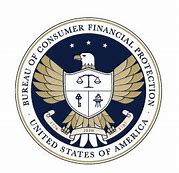 The Consumer Financial Protection Bureau (CFPB) is a 21st century agency that helps consumer finance markets work by making rules more effective, by consistently and fairly enforcing those rules, and by empowering consumers to take more control over their economic lives. The CFPB aims to make consumer financial markets work for consumers, responsible providers, and the economy as a whole. The CFPB protects consumers from unfair, deceptive, or abusive practices and takes action against companies that break the law. The CFPB arms people with the information, steps, and tools that they need to make smart financial decisions.
The Consumer Financial Protection Bureau (CFPB) is a 21st century agency that helps consumer finance markets work by making rules more effective, by consistently and fairly enforcing those rules, and by empowering consumers to take more control over their economic lives. The CFPB aims to make consumer financial markets work for consumers, responsible providers, and the economy as a whole. The CFPB protects consumers from unfair, deceptive, or abusive practices and takes action against companies that break the law. The CFPB arms people with the information, steps, and tools that they need to make smart financial decisions.
Consumer Protection (usa.gov)
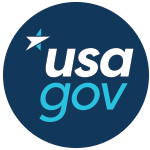 The Consumer Protection site on USA.gov is a guide for consumers to learn scam types, state or local fraud protection resources and pathways for action in the event a qualifying consumer problem occurs.
The Consumer Protection site on USA.gov is a guide for consumers to learn scam types, state or local fraud protection resources and pathways for action in the event a qualifying consumer problem occurs.
Department of Housing and Urban Development

HUD‘s mission is to create strong, sustainable, inclusive communities and quality affordable homes for all. HUD is working to strengthen the housing market to bolster the economy and protect consumers; meet the need for quality affordable rental homes; utilize housing as a platform for improving quality of life; build inclusive and sustainable communities free from discrimination, and transform the way HUD does business.
Department of Justice - Consumer Protection Branch
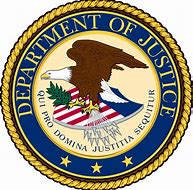 For more than 40 years, the Consumer Protection Branch has worked to protect the health, safety, and economic security of the American consumer. The Consumer Protection Branch leads the Justice Department’s efforts to enforce consumer protection statutes throughout the United States. The Consumer Protection Branch cases are rooted in our nation’s fundamental consumer protection laws, establishing crucial precedents and protecting American consumers from threats to their health, safety, and wallet.
For more than 40 years, the Consumer Protection Branch has worked to protect the health, safety, and economic security of the American consumer. The Consumer Protection Branch leads the Justice Department’s efforts to enforce consumer protection statutes throughout the United States. The Consumer Protection Branch cases are rooted in our nation’s fundamental consumer protection laws, establishing crucial precedents and protecting American consumers from threats to their health, safety, and wallet.
Federal Bureau of Investigation
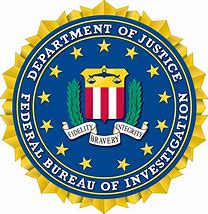 The mission of the FBI is to protect the American people and uphold the Constitution of the United States. Their priorities are to protect the United States from terrorist attack, protect against foreign intelligence operations and espionage, protect against cyber-based attacks and high-technology crimes, combat public corruption at all levels, protect civil rights, combat transnational/national criminal organizations and enterprises, combat major white-collar crime, and combat significant violent crime.
The mission of the FBI is to protect the American people and uphold the Constitution of the United States. Their priorities are to protect the United States from terrorist attack, protect against foreign intelligence operations and espionage, protect against cyber-based attacks and high-technology crimes, combat public corruption at all levels, protect civil rights, combat transnational/national criminal organizations and enterprises, combat major white-collar crime, and combat significant violent crime.
Federal Communications Commission
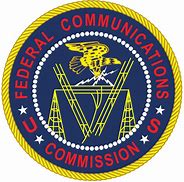
The Federal Communications Commission regulates interstate and international communications by radio, television, wire, satellite, and cable in all 50 states, the District of Columbia and U.S. territories. An independent U.S. government agency overseen by Congress, the Commission is the federal agency responsible for implementing and enforcing America’s communications law and regulations.
Federal Deposit Insurance Corporation
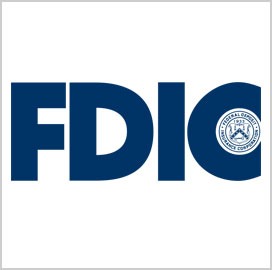 The Federal Deposit Insurance Corporation is the supervising organization of banks and savings banks to ensure operational safety and soundness.
The Federal Deposit Insurance Corporation is the supervising organization of banks and savings banks to ensure operational safety and soundness.
Federal Housing Finance Agency (FHFA)
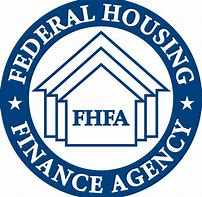 The Federal Housing Finance Agency is an independent federal agency regulating and overseeing operations for Fannie Mae, Freddie Mac and the Federal Home Loan Bank System.
The Federal Housing Finance Agency is an independent federal agency regulating and overseeing operations for Fannie Mae, Freddie Mac and the Federal Home Loan Bank System.
Federal Trade Commission (FTC)
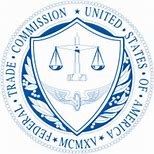 The FTC works for the consumer to prevent fraudulent, deceptive, and unfair business practices in the marketplace, and to provide information to help consumers spot, stop, and avoid them.
The FTC works for the consumer to prevent fraudulent, deceptive, and unfair business practices in the marketplace, and to provide information to help consumers spot, stop, and avoid them.
Internet Crime Complaint Center (IC3)
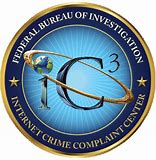 The Internet Crime Complaint Center (IC3) was established as a partnership between the Federal Bureau of Investigation (FBI) and the National White Collar Crime Center.
The Internet Crime Complaint Center (IC3) was established as a partnership between the Federal Bureau of Investigation (FBI) and the National White Collar Crime Center.
Office of the Comptroller of the Currency (OCC)
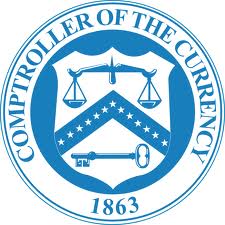
The OCC provides answers to consumer questions regarding the regulation of national banks and federal savings associations. The OCC charters, regulates, and supervises all national banks and federal savings associations as well as federal branches and agencies of foreign banks. The OCC is an independent bureau of the U.S. Department of the Treasury.
Postal Inspection Service
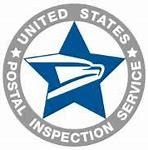 The U.S. Postal Inspection Service‘s mission is to support and protect the U.S. Postal Service and its employees, infrastructure, and customers; enforce the laws that defend the nation’s mail system from illegal or dangerous use; and ensure public trust in the mail.
The U.S. Postal Inspection Service‘s mission is to support and protect the U.S. Postal Service and its employees, infrastructure, and customers; enforce the laws that defend the nation’s mail system from illegal or dangerous use; and ensure public trust in the mail.
Securities and Exchange Commission
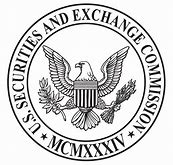 The mission of the SEC is to protect investors; maintain fair, orderly, and efficient markets; and facilitate capital formation. The SEC strives to promote a market environment that is worthy of the public’s trust.
The mission of the SEC is to protect investors; maintain fair, orderly, and efficient markets; and facilitate capital formation. The SEC strives to promote a market environment that is worthy of the public’s trust.
The United States Secret Service
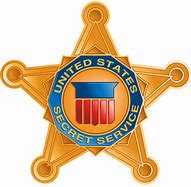
The United States Secret Service is a federal law enforcement agency with headquarters in Washington, D.C., and more than 150 offices throughout the United States and abroad. Established in 1865 solely to suppress the counterfeiting of U.S. currency, today the Secret Service is mandated by Congress to carry out the integrated missions of protection and investigations.
